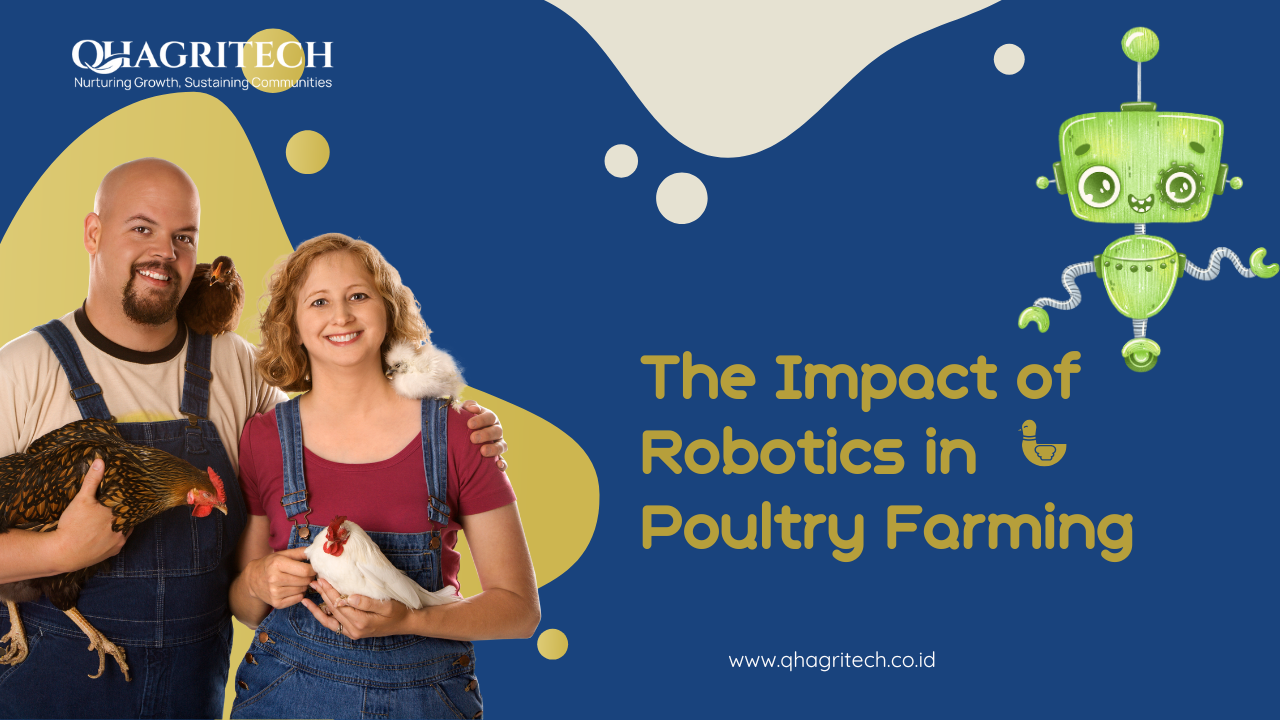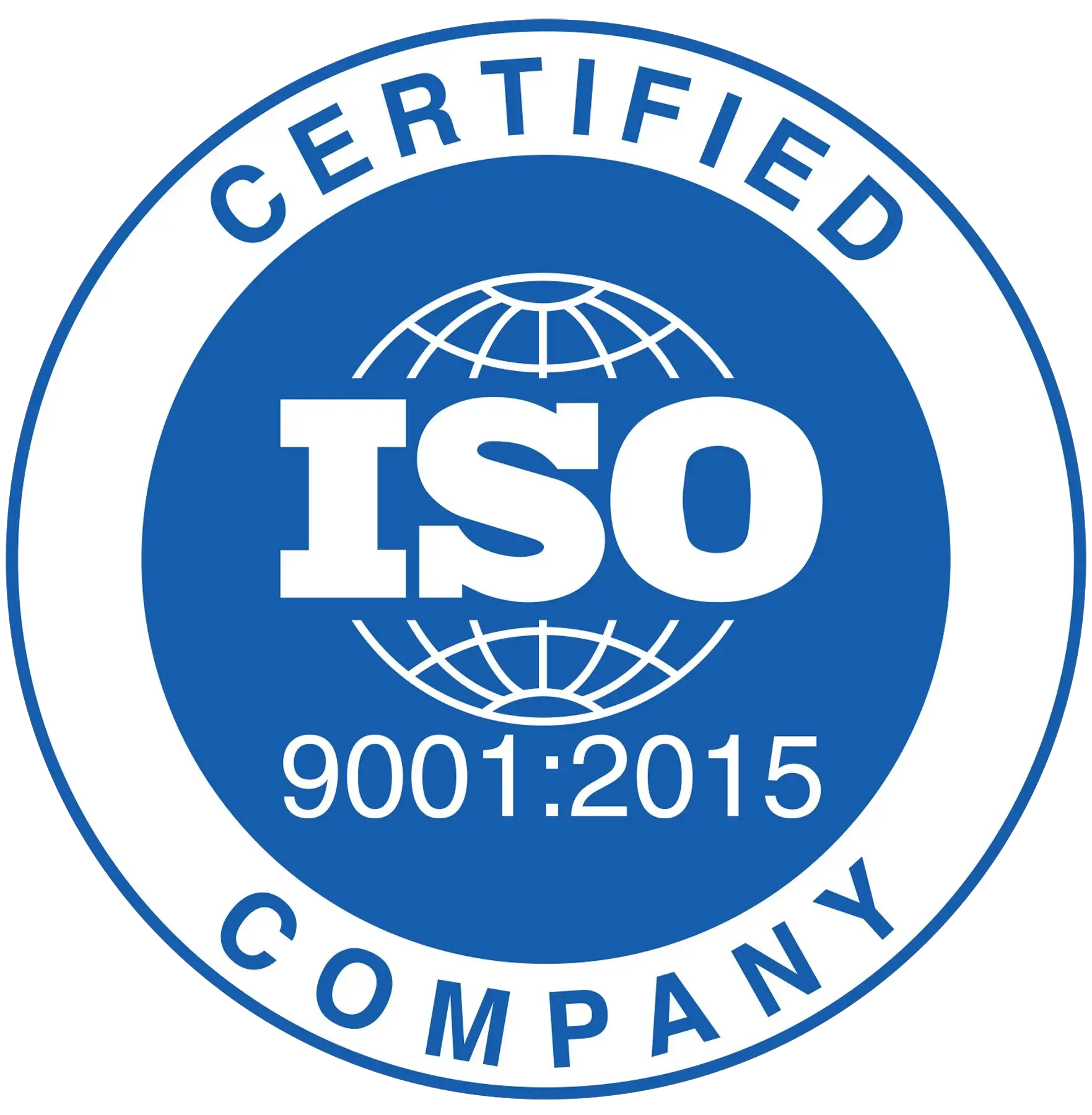The poultry industry has long been a vital part of global food production, but like many industries, it faces challenges in efficiency, sustainability, and labor costs. Why Robotics is becoming essential in poultry?
Robotics in poultry farming has emerged as a game-changer, transforming traditional practices and enhancing productivity, safety, and animal welfare. Let’s explore how robotics is reshaping poultry farming, its benefits, and the future of automation in this sector!
1. The Growing Role of Robotics in Poultry Farming
The integration of robotics into poultry farming is not just a passing trend but a strategic shift towards modernizing the industry. With the increasing demand for poultry products, labor shortages, and the need to meet higher standards of hygiene and efficiency, robotics provides the solution.
Automated systems are being used at various stages of poultry farming, from egg collection to processing, to ensure smoother operations and improved output.
2. Robotics in Egg Handling and Collection
Egg collection and handling are some of the most labor-intensive tasks in poultry farming. Traditional manual methods are time-consuming and prone to human error, which can impact both egg quality and productivity.
Robotic systems, such as automatic egg collectors and sorters, help automate this process by gathering, inspecting, and sorting eggs efficiently. These systems reduce labor costs and ensure that eggs are handled gently, reducing the risk of cracks or contamination.
3. Robotic Systems in Poultry Waste Management
Waste management is crucial for maintaining a clean and healthy environment in poultry houses. Robotics is streamlining this process through the use of automated waste collection robots that navigate poultry houses to gather manure and waste.
These robots not only reduce labor costs but also enhance hygiene, as they are designed to work continuously without human intervention, ensuring the poultry environment remains clean and safe for the birds.
4. Robotics in Poultry Processing
Robots are increasingly used in poultry processing plants for tasks such as slaughtering, de-feathering, and packaging. These robots are designed to handle repetitive and physically demanding tasks with precision, minimizing human error and reducing the risk of workplace injuries.
Robotic systems in processing plants also help maintain consistent product quality and increase throughput, which is essential as global poultry demand rises.
5. Robotics for Poultry Monitoring and Health Checks
Robots are playing a key role in ensuring the health and welfare of poultry. Advanced robotic systems equipped with sensors and cameras can monitor the behavior and health of individual birds in real time.
These systems are capable of detecting abnormalities, such as signs of illness, stress, or injury, and alerting farm managers. Early detection helps farmers take prompt action to prevent the spread of disease and ensure the overall well-being of the flock.
6. The Economic Benefits of Robotics in Poultry Farming
The integration of robotics into poultry farming has substantial economic benefits. While the initial investment in robotic systems can be significant, the long-term savings in labor costs, improved productivity, and reduced waste can make it a worthwhile investment.
Robots increase operational efficiency, allowing farms to operate with fewer workers while achieving higher levels of production and sustainability.
7. The Future of Robotics in Poultry Farming
As technology continues to advance, the role of robotics in poultry farming is only set to increase. Future developments may include more sophisticated robots with AI capabilities that can perform complex tasks like bird sexing, egg inspection, and even meat quality analysis.
Furthermore, the integration of IoT (Internet of Things) devices with robotic systems will allow for even more precise data collection and decision-making, driving further automation across poultry operations.
Robotics in poultry farming is revolutionizing the industry, making it more efficient, cost-effective, and sustainable. From egg collection to waste management, processing, and health monitoring, robotic systems are proving to be invaluable tools that enhance productivity while improving animal welfare.
As technology continues to evolve, the future of poultry farming will be increasingly automated, creating opportunities for more sustainable and efficient production on a global scale.
QH Agritech can help you find the best way to implement poultry systems. We also create an ecosystem where poultry farmers from various sectors can collaborate and support one another.
With this ecosystem, poultry farmers can grow sustainably, expand market reach, and create a greater impact on both the local and global economy.
Join QH Agritech and unlock the potential of your farming! Contact us here!







